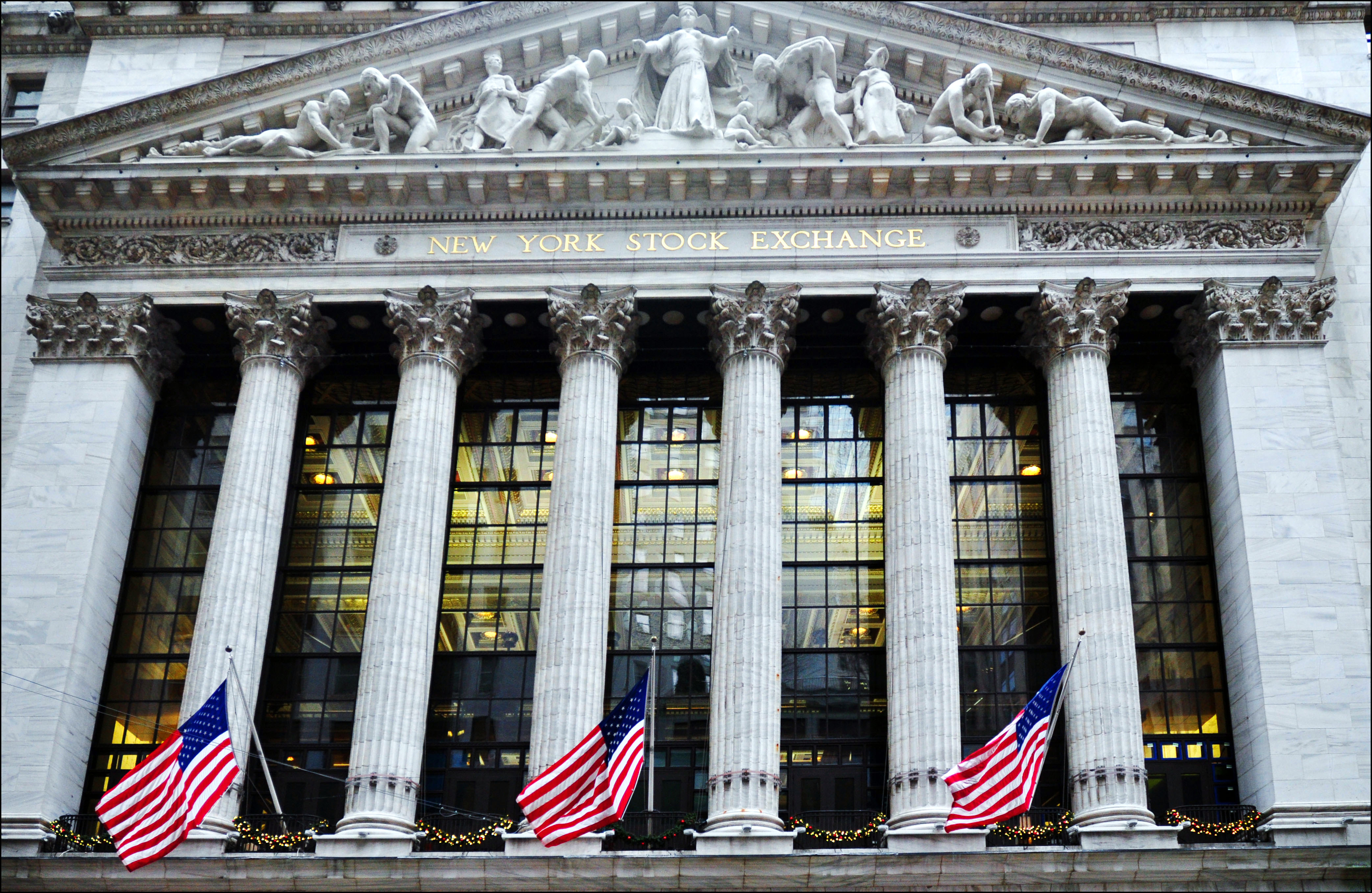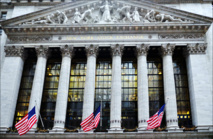Buybacks may seriously affect the profits, as it was in the III quarter with Microsoft Corp., Wells Fargo & Co., Pfizer Inc. and Express Scripts Holding Co. For example, Microsoft Corp. reduced the overall decline in income, buying 3% of the stocks within the last 12 months. Total profit for the III quarter decreased by 1.3% compared to the same period of 2014, but per-share earnings increased by 3.1%, according to FactSet. Wells Fargo's profit per share increased by 2,9% after the buyback, Pfizer’s - 5,3%, Express Scripts - by 12.4%.
The largest buyback in 2015 in amount of $ 30.2 billion was held by Apple Inc. followed by Microsoft, Qualcomm Inc. and American International Group Inc. If companies continue to acquire their shares at the same rate, the current year can become a record since 2007, when shareholders received $ 863 billion.
On Thursday, Nike Inc. announced plans to buy back shares totaling $ 12 billion during the next four years. "Over 20% of all S&P 500 companies reduced the number of outstanding shares by at least 4%" - notes a senior S&P analyst Howard Silverblatt. "Companies have paid a significant portion of its debt and are now ready to borrow at low rates to buy back their own shares. This gives them more freedom in placing capital,"- analyst Rob Leiphart of Birinyi Associates.
However, buybacks enable companies to manipulate their financial statements, warns Marc Clements of Research Affiliates. Reduce in number of stocks in free circulation leads to an overstatement of earnings per share or return on equity. In addition, such a policy may be a hidden mechanism of remuneration for executives.
A trader on the New York Stock Exchange Rick Barry writes in his blog that buybacks are the reason that the US stock market began to disappear.
"Approximately 20% of the companies included in the S&P 500 over the last 5 quarters (2014-2015) reduced number of their own shares on the stock market by 4% year on year. This trend has continued in the II quarter, too. Because of this, their price is increasing rapidly, since earnings per share are growing, and number of securities for distributed profits is declining,"- said Barry.
Companies simply buy out stocks without regard to the price with only one purpose - to reduce the number of shares outstanding. If the head office knows that sales in the forthcoming quarter are going to be weak, the management simply lets their broker buy a certain amount of shares at any price. As a result, they reduce the free-float, and hence value earning per share. Thus, management gives themselves an opportunity to show the result higher than expected for another period.
At the same time, many experts believe that there is nothing wrong in this process. Such a legendary investor Warren Buffett believes that buyback is a preferred way to return cash to shareholders as compared to the dividend payment.
However, there is a nuance: such a rampant repurchase has sharply reduced number of shares traded on the US stock market. According to FactSet, the figure at the end of 2014 was lower than the 10-year lows.
All this indicates that in the age of imbalances, the stock markets have ceased to fulfill their primary role - redistribution of capital. Uncontrolled exploitation of "money printing press" by the world's central banks has almost completely deprived them of connection with the real economics.
source: ft.com
The largest buyback in 2015 in amount of $ 30.2 billion was held by Apple Inc. followed by Microsoft, Qualcomm Inc. and American International Group Inc. If companies continue to acquire their shares at the same rate, the current year can become a record since 2007, when shareholders received $ 863 billion.
On Thursday, Nike Inc. announced plans to buy back shares totaling $ 12 billion during the next four years. "Over 20% of all S&P 500 companies reduced the number of outstanding shares by at least 4%" - notes a senior S&P analyst Howard Silverblatt. "Companies have paid a significant portion of its debt and are now ready to borrow at low rates to buy back their own shares. This gives them more freedom in placing capital,"- analyst Rob Leiphart of Birinyi Associates.
However, buybacks enable companies to manipulate their financial statements, warns Marc Clements of Research Affiliates. Reduce in number of stocks in free circulation leads to an overstatement of earnings per share or return on equity. In addition, such a policy may be a hidden mechanism of remuneration for executives.
A trader on the New York Stock Exchange Rick Barry writes in his blog that buybacks are the reason that the US stock market began to disappear.
"Approximately 20% of the companies included in the S&P 500 over the last 5 quarters (2014-2015) reduced number of their own shares on the stock market by 4% year on year. This trend has continued in the II quarter, too. Because of this, their price is increasing rapidly, since earnings per share are growing, and number of securities for distributed profits is declining,"- said Barry.
Companies simply buy out stocks without regard to the price with only one purpose - to reduce the number of shares outstanding. If the head office knows that sales in the forthcoming quarter are going to be weak, the management simply lets their broker buy a certain amount of shares at any price. As a result, they reduce the free-float, and hence value earning per share. Thus, management gives themselves an opportunity to show the result higher than expected for another period.
At the same time, many experts believe that there is nothing wrong in this process. Such a legendary investor Warren Buffett believes that buyback is a preferred way to return cash to shareholders as compared to the dividend payment.
However, there is a nuance: such a rampant repurchase has sharply reduced number of shares traded on the US stock market. According to FactSet, the figure at the end of 2014 was lower than the 10-year lows.
All this indicates that in the age of imbalances, the stock markets have ceased to fulfill their primary role - redistribution of capital. Uncontrolled exploitation of "money printing press" by the world's central banks has almost completely deprived them of connection with the real economics.
source: ft.com



















